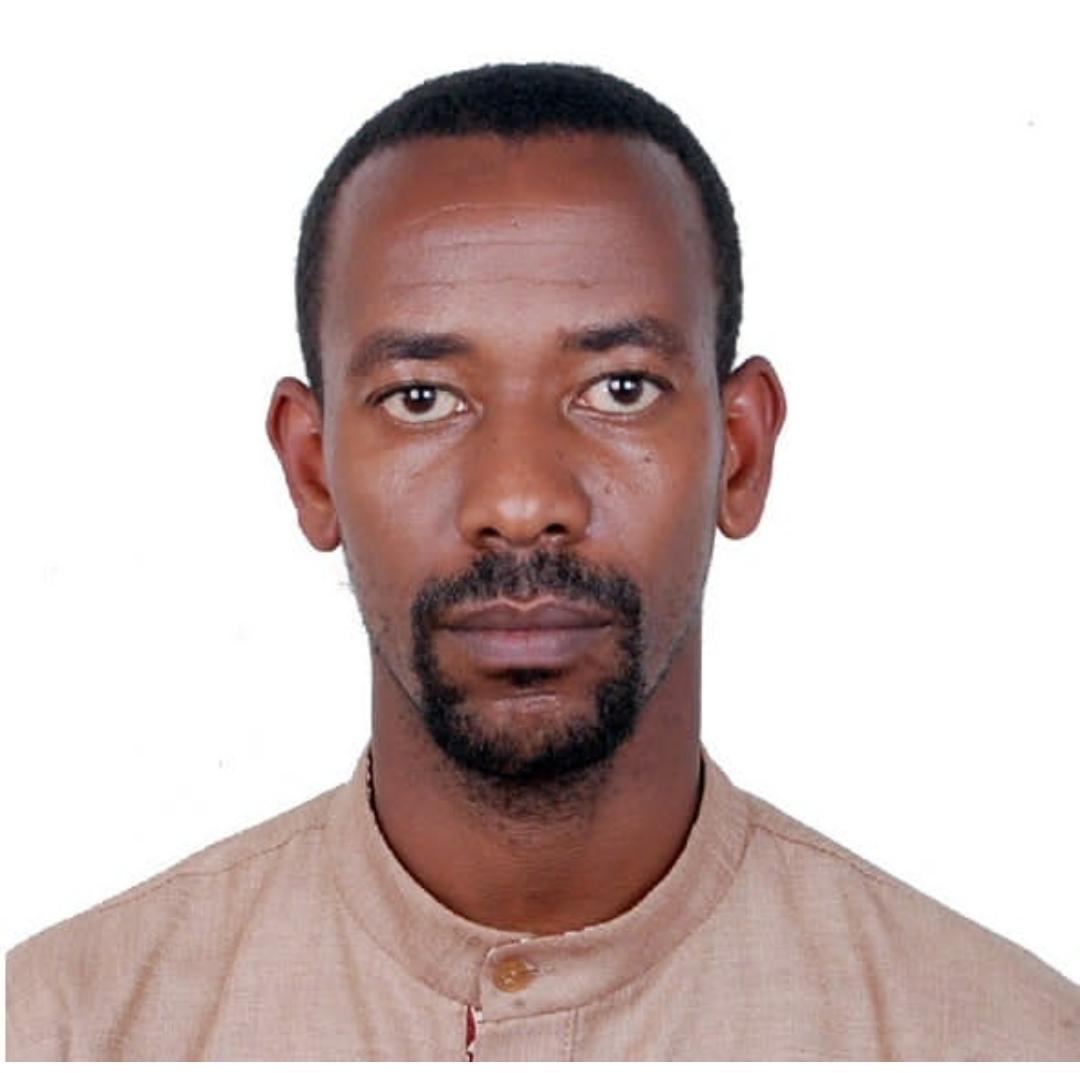The United Nations special envoy to the Great Lakes, Mary Robinson, has said that use of a strong military offensive against armed groups in the DR Congo should not be seen as complete solution to the crisis that has plagued the eastern parts of the country, but instead a supplement to a political solution.


The United Nations special envoy to the Great Lakes, Mary Robinson, has said that use of a strong military offensive against armed groups in the DR Congo should not be seen as complete solution to the crisis that has plagued the eastern parts of the country, but instead a supplement to a political solution.
The former Ireland president was speaking to journalists after her meeting with Foreign Affairs minister Louise Mushikiwabo yesterday on her one-day visit to Rwanda.
"I see the Intervention Brigade as being part of strengthening the capacity but not indeed the overall solution. Hopefully, the overall solution can’t be and won’t be military; it must be political,” said Robinson.
Last month, the UN Security Council unanimously adopted Resolution 2098, which cleared the way for the international body’s first-ever offensive combat force.
The mandate of the intervention brigade, comprised of infantry battalions from Tanzania, South Africa, Mozambique and Malawi, is to "neutralise and disarm” armed groups in the war-torn eastern DR Congo.
For about two decades, the eastern DR Congo has been in a crisis with several armed groups, including the FDLR, the militia responsible for the 1994 Genocide against the Tutsi.
Seeking solutions
In an effort to find solutions, member countries of the International Conference for the Great Lakes Region signed a Peace and Security Framework for the Congo in February to help find lasting solution.
Robinson said, "I hope that it may play a role in prevention and it may need to be strategic and comply with international human rights and humanitarian laws but I believe that the more important part of the Framework, which I have characterised as the framework of hope is that it encourages discussions like the one I had this morning with the minister and discussions I had in Kinshasa and Goma.”
She added that it was important that this framework becomes the "framework of real hope” for the beneficiaries.
"If we can bring about peace, which we must, and stop the armed groups of all kinds from operating in eastern DR Congo, this will help Rwanda and the region,” she said.
Minister Mushikiwabo said that Rwanda was committed to the successful implementation of this peace framework that will bring peace and stability not only in the DR Congo but in the whole region.
"What is good for the DRC is even better for Rwanda and the region. We will work very closely with the Special Envoy and other regional partners to see the implementation of this framework that will bring peace and hope to the people of Eastern DRC and the region,” said Mushikiwabo.
The Peace, Security and Cooperation Framework for the DRC and the Region was signed on 24 February 2013 by Angola, Burundi, the Central African Republic, Congo, DRC, Rwanda, South Africa, South Sudan, Uganda, Tanzania and Zambia
Although efforts are being invested in realising the objectives of the Framework, concerns remain about warring parties’ commitments in supporting the Framework.
"We have had agreements before and I have no illusion that this will be difficult but this time it is my task to encourage steps to implement and monitor under the national system of DR Congo and the regional system of monitoring, which will involve the 11 countries and the four international institutions,” said Robinson.
Robinson was recently appointed envoy to the Great Lakes Region by the UN chief Ban Ki-moon, mainly to support the implementation of the peace framework signed by 11 Heads of State in Addis Ababa.
"I am beginning the process of encouraging each country and the UN within those countries to now start the steps of implementing. It’s not that the special envoy comes with a solution; the special envoy comes to encourage the ownership by the government but also by the people of those countries,” Robinson said.
As one of the affected parties, Rwanda has expressed support for the Framework, although, according to Mushikiwabo, the use of military is not the best solution.
"Rwanda thinks that this intervention brigade is not a miracle solution to the problems in eastern DR Congo or the region, but we believe it’s a good deterrent that is part of the global set of mainly political solutions,” said Mushikiwabo.
Mushikiwabo said there are many armed groups in eastern DR Congo and that part of that solution might have to be physically tackling them.
"The issues at hand are long-term and they have been coming back in a reciprocal manner and, sometimes, political remedies can’t address the violence that comes with these armed groups. The military action is needed provided that it is not seen as the ultimate way to solve these problems,” she said.
Mushikiwabo added that if the UN brigade and all the players on the ground do what is expected of them, they will play a positive role.
Although the Intervention Brigade has a clear mandate and may be well equipped, the troops are likely to face resistance from some rebel groups. The M23 rebels, last month, asked South Africa and Tanzania not to contribute troops to the UN mandate and have since announced that they will defend themselves if attacked by the Intervention Brigade.


